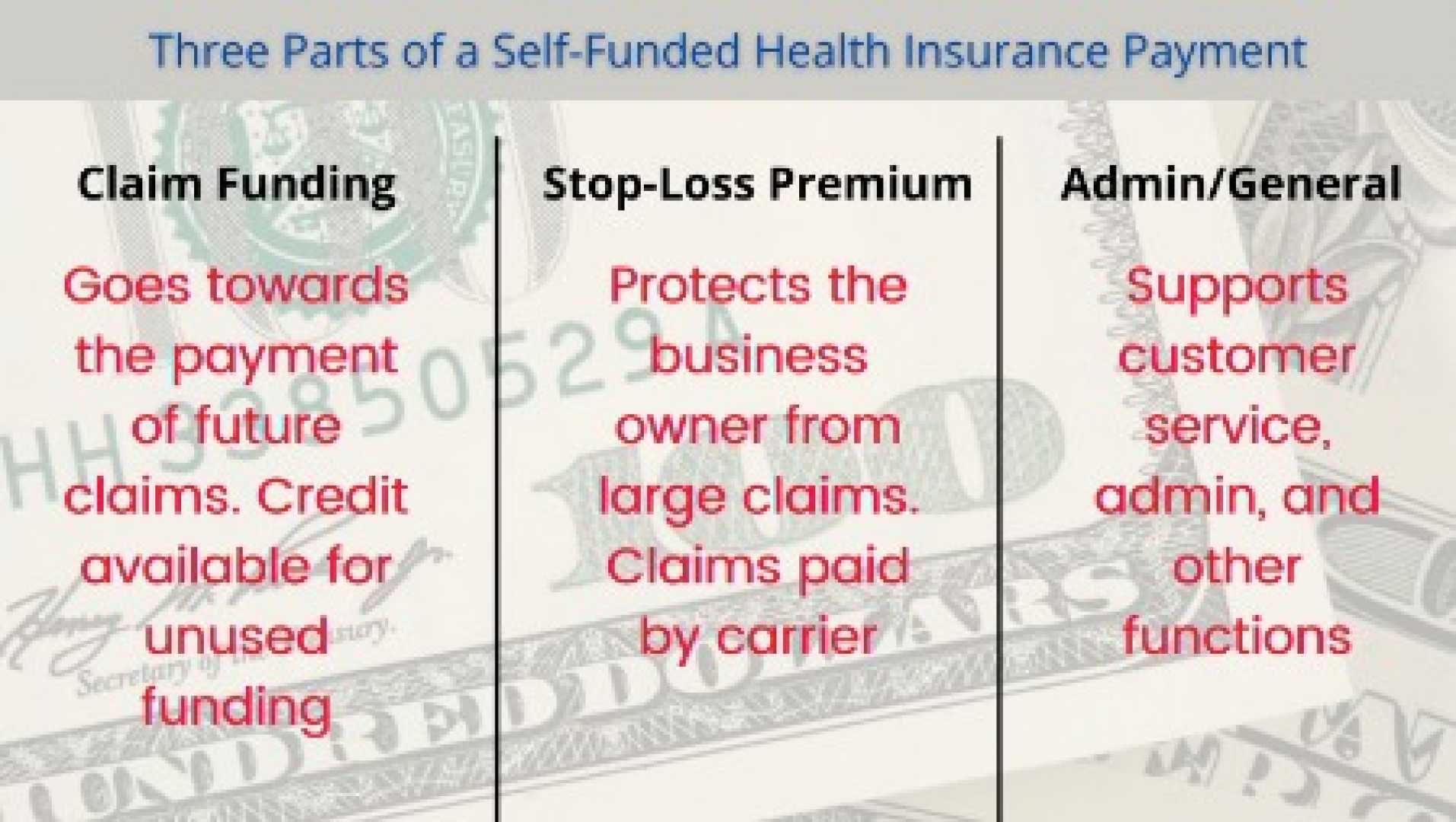Business
Massachusetts Businesses Struggle With Rising Health Insurance Costs

BOSTON, Massachusetts — Businesses in Massachusetts are feeling the pinch as health insurance premiums continue to rise faster than wages. This financial strain could lead to increased costs for employers and hardship for employees.
Many Americans feel frustrated with employer-sponsored health care, struggling with issues such as approvals, exclusions, deductibles, and denials. Most people only examine their policies when they anticipate a claim, revealing the extent of the issues they face.
Organizations are now looking toward continuous improvement techniques, like Six Sigma and Lean methodologies, to enhance health care quality and reduce costs. These methods have revolutionized industries, and recent trends show they might be effective in health insurance as well.
Employers are collaborating with health benefits advisors and third-party administrators to adapt these strategies. For instance, Motorola successfully applied Six Sigma in selecting healthcare vendors and analyzing claims data, achieving a 25% reduction in hospital readmissions among specific employee groups.
Boeing also adopted Lean and Six Sigma principles successfully, utilizing the “Boeing Intensive Outpatient Care Program” to minimize hospital admissions for high-risk employees. Their efforts led to a 15% decrease in emergency room visits and a savings of $5 million annually.
General Electric used its Six Sigma training to reduce preventable hospitalizations by 20% through chronic disease management focused on conditions such as diabetes. Toyota followed suit by applying Lean principles to wellness programs, reportedly saving $10 million annually.
Despite these success stories, many employers hesitated to implement continuous improvement strategies. Factors such as a lack of specialized skills, incomplete data from health plans, and a culture unwilling to embrace process excellence often deter these initiatives.
Some traditional brokers also resist this push for transparency, citing concerns over risk and employee dissatisfaction. However, analyzing claims data can reveal valuable insights that enable employers to target specific health conditions through tailored strategies.
Employers often encounter difficulties when comparing vendor programs, as different metrics complicate the analysis. Many feel overwhelmed and may miss out on savings opportunities.
Consultants play a crucial role in this process, assisting employers in vendor assessment and strategy development tailored to their unique workforce needs. Smaller employers, in particular, have limited resources to explore Six Sigma applications in their healthcare spending.
As a first step, experts encourage all employers to seek an independent review of their healthcare expenses from certified health benefit advisors. Such evaluations aim to identify plans that align effectively with their workforce demographics and regional specifications.
Ed Gaskin, Executive Director of Greater Grove Hall Main Streets, highlights the urgency for employers to address their healthcare challenges through innovative strategies to ensure their sustainability.












